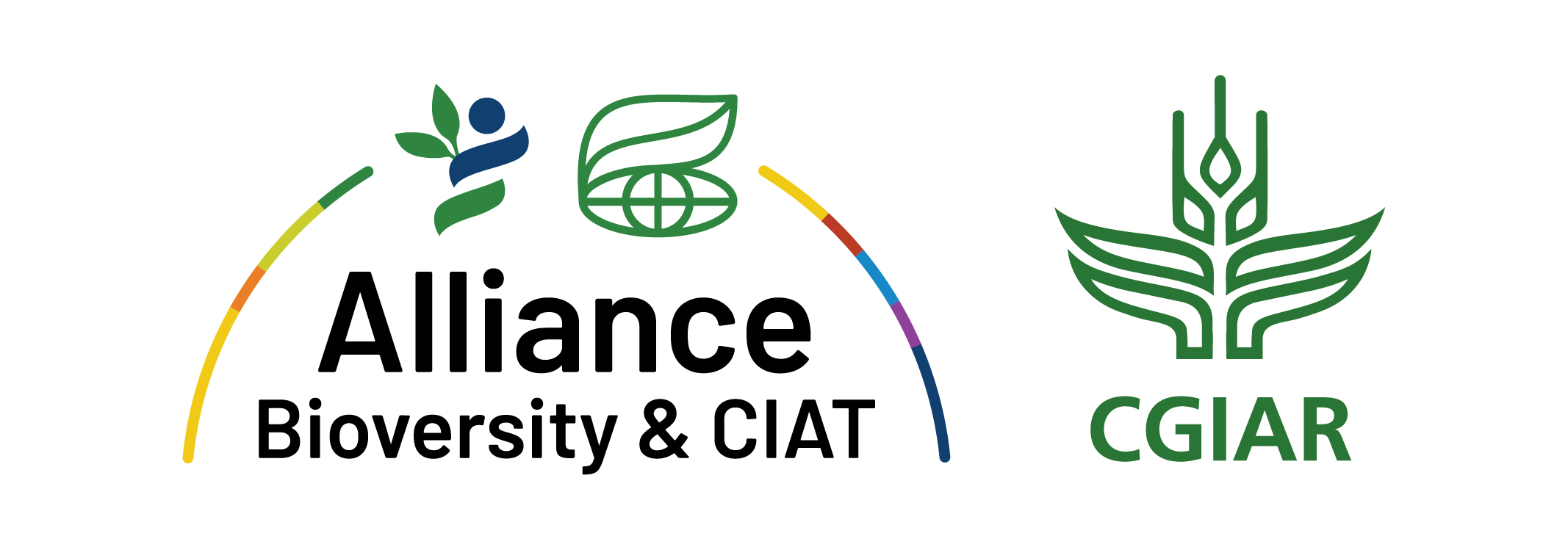When reviewing APFORGEN’s regional strategy in 2017, the members of the network agreed to align its objectives with FAO’s Global Plan of Action on Forest Genetic Resources. Regional collaboration is a necessity for conserving the genetic diversity of tree species that do not follow the national boundaries, and APFORGEN can, therefore, play an important role in implementing the Global Plan of Action in the region.
This synergy earned APFORGEN an invitation to present the draft strategy to FAO’s Asia Pacific Forestry Commission in Sri Lanka in October 2017. The Commission was established by FAO in 1949 to provide a policy and technical forum for countries to discuss and address forest issues on a regional basis. Currently it has 46 member countries in Asia and the Southwest Pacific.
The Commission members highlighted the lack of capacities in many countries to identify and conserve the region’s vast diversity of tree species, and recognised that APFORGEN’s strategy offers substantial opportunities for regional collaboration. They also invited APFORGEN to report its progress in implementing the strategy at future sessions of the Commission.
Fast forward to the present day: in June 2019 the Commission meets again at its biannual session, this time in Incheon, Korea, and it is time for APFORGEN to report on its progress. What has the network achieved in the past 18 months since the new strategy was launched? Here selected targets from the strategy with status updates:
- At least 150 forest genetic resources professionals trained by the Regional FGR Training Centre by 2022: On track. In total 28 participants from 13 countries attended the 2018 training on spatial conservation approaches. The next training is planned for October 2019.
- Natural distribution maps compiled for 50 priority tree species native to the Asia-Pacific region, and seed sources and patterns of genetic diversity documented for 10 priority tree species. On track. Through the project APFORGIS, distribution maps and information on seed sources are being compiled for 72 native tree species. The project also identifies seed zones as a proxy for genetic diversity, but further funding is needed to carry out actual genetic studies on priority species.
- Conservation strategies and germplasm collection guidelines established for selected Dalbergia spp. and Shorea spp. On track. Through two projects funded by the UK Darwin Initiative and the National Science Foundation of China, countries in the Greater Mekong subregion collaborate to develop conservation strategies for three highly-valued Dalbergia (Rosewood) species. Further funding is needed to initiate similar work on Shorea species.
- Regional species and provenance trials are established for Dalbergia spp. and Shorea spp. for gene conservation and tree breeding purposes. Limited progress. Options for regional trials to study species adaptation are planned as part of the Conserving Rosewood genetic resources project, but regulations on plant material transfer between countries – including for scientific purposes only – continue to hamper the collaboration.
- Tools for selecting genetically diverse seed for forest and landscape restoration in changing environments, and for identifying priority areas and limitations of natural regeneration as a restoration approach: Limited progress. Spatial analysis methods applied under the APFORGIS project provide information on seed transfer zones and priority areas for restoration. Further funding is needed to complement this work with genetic and field studies, given the importance of genetic diversity for restoring resilient and productive forests and landscapes.
Read more from APFORGEN Chair Zheng Yongqi’s presentation to the Commission on 21 June 2019.
Follow us on this website and on twitter @APFORGEN for more updates on the strategy implementation – or get in touch to hear more about how to get involved in the action!
